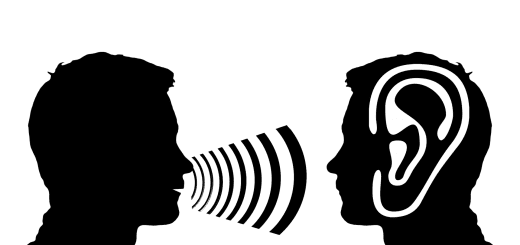Cultural Competency in Mental Health Care

We are all influenced by our culture; the languages we speak, our beliefs, values, practices and goals. Our cultural background affects the way we express our feelings and emotions, and how we cope with challenging situations. Our culture is what makes us who we are as humans, making it important to find mental healthcare professionals who are relatable to us, providers who are culturally competent. What is cultural competence anyway?
The American Psychological Association cultural competence refers to the ability to defines cultural competency as the ability to recognize the diversity between different cultures and apply that understanding when working together with a diverse group of people. Cultural competency is important to providing the same quality of care to a diverse group of people. Although important, the APA found that less than half of working psychologists were confident with their knowledge of the cultures their Black, Hispanic, Asian, Native Hawaiian/Pacific Islander, and Indigenous clients identified with. Research has shown that cultural competency makes a big difference in how well therapy works for an individual, however finding a therapist who is culturally competent is not always easy.
You might be asking yourself how do I know if my therapist, or a therapist I am looking to work with in the future is culturally competent? Ask one or a few of the following questions the next time you meet with your therapist:
- Have you worked with people from my community/culture?
- Have you had any cultural competency training?
- Are you familiar with the way my community/culture views mental health and mental health treatment?
- What steps are you taking to educate yourself on different cultures?
Do you think it is important for therapists to be culturally competent? Have you found a therapist who understands an respects your culture? Let us know!




Recent Comments